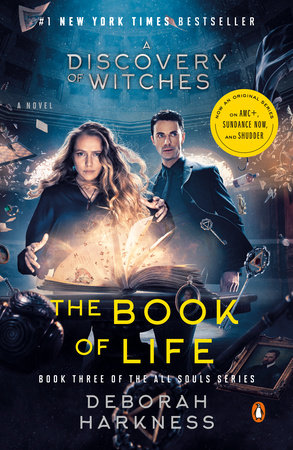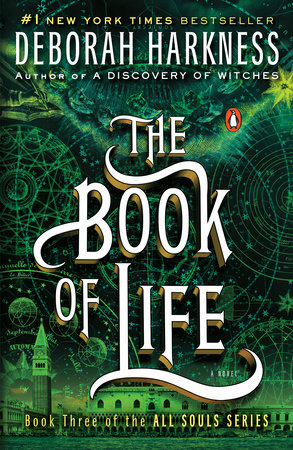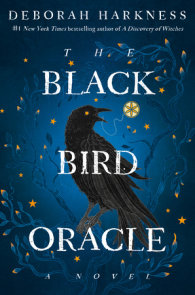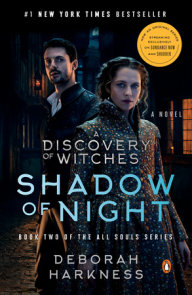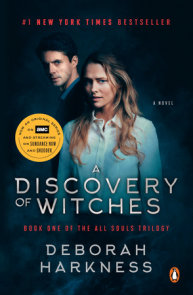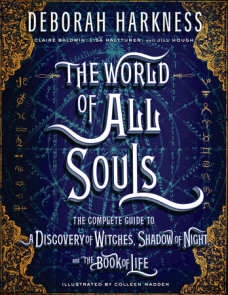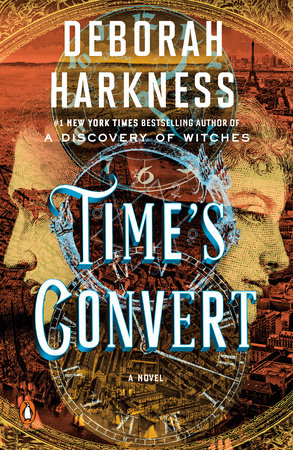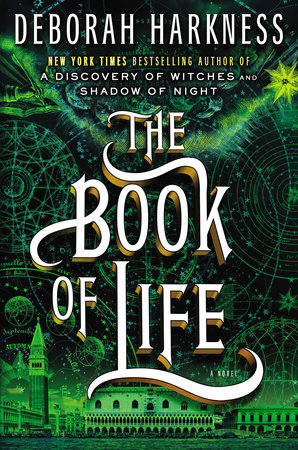

The Book of Life (Movie Tie-In)
By Deborah Harkness
By Deborah Harkness
By Deborah Harkness
By Deborah Harkness
By Deborah Harkness
By Deborah Harkness
By Deborah Harkness
By Deborah Harkness
By Deborah Harkness
Read by Jennifer Ikeda
By Deborah Harkness
Read by Jennifer Ikeda
Part of All Souls Series
Part of All Souls Series
Part of All Souls Series
Part of All Souls Series
Part of All Souls Series
Category: Suspense & Thriller | Paranormal Fiction | Paranormal & Fantasy Romance
Category: Suspense & Thriller | Paranormal Fiction | Paranormal & Fantasy Romance
Category: Suspense & Thriller | Paranormal Fiction | Paranormal & Fantasy Romance
Category: Suspense & Thriller | Paranormal Fiction | Paranormal & Fantasy Romance
Category: Suspense & Thriller | Paranormal Fiction | Paranormal & Fantasy Romance | Audiobooks

-
$18.00
Jan 04, 2022 | ISBN 9780593511442
-
$19.00
May 26, 2015 | ISBN 9780143127529
-
$32.00
Jul 15, 2014 | ISBN 9780670025596
-
Jul 15, 2014 | ISBN 9780698163478
-
Jul 15, 2014 | ISBN 9780698153615
1433 Minutes
Buy the Audiobook Download:
YOU MAY ALSO LIKE
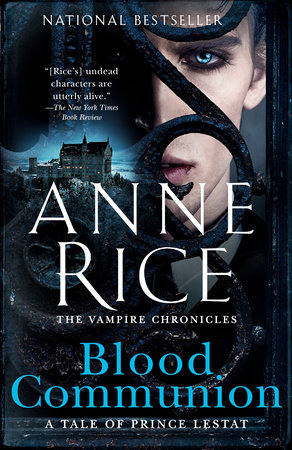
Blood Communion
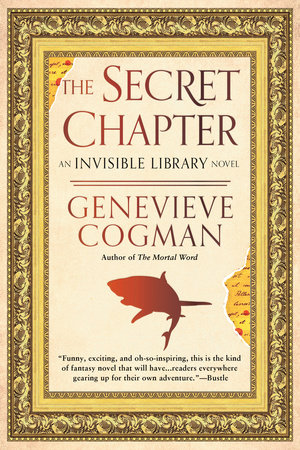
The Secret Chapter

Some Girls Bite
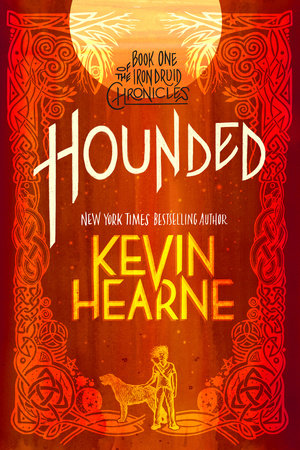
Hounded
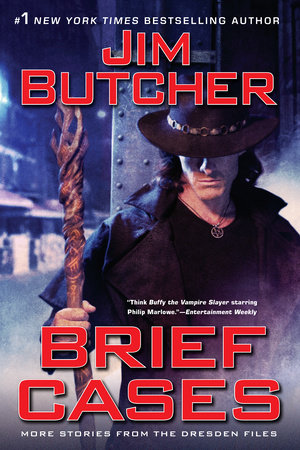
Brief Cases
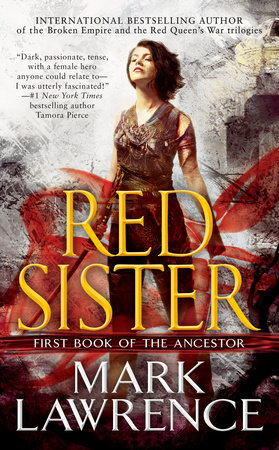
Red Sister
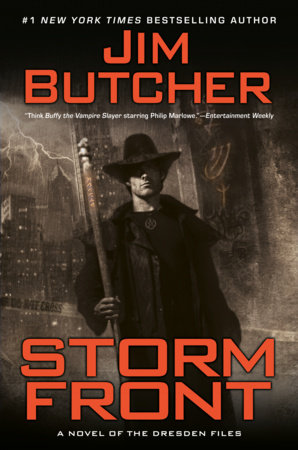
Storm Front

The Lies of Locke Lamora
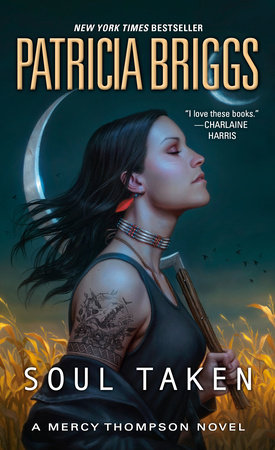
Soul Taken
Praise
“Weaving an extraordinarily rich story of magic and science, history and fiction, passion and power, secrets and truths, Harkness delivers an unforgettable and spellbinding finale that’s not to be missed.”
—USA Today
“Juicy and action-packed.”
—People
“Pure escapist summer fun.”
—Jodi Picoult, Parade
“The epic and erudite vampire-witch romance comes to a thoroughly satisfying conclusion in the action-packed All Souls trilogy ender.”
—Entertainment Weekly
“A stirring, poignant saga.”
—Us Weekly
“The charm in Deborah Harkness’s wildly successful All Souls trilogy lies not merely in the spells that its creature characters cast as they lurk pretty much in plain sight of humans, but in the adroit way Harkness has insinuated her world of demons, witches, and vampires into ours. . . . From the novel’s poignant opening, Harkness casts her own indelible spell of enchantment, heartbreak, and resilience. . . . She is terrific at bringing her magic world to life, maintaining a fast-paced, page-turning narrative.”—The Boston Globe
“This trilogy is a superlative example in a subgenre you could call realistic fantasy—think Harry Potter but for grown-ups or Susanna Clarke’s Jonathan Strange & Mr. Norrell. Witches, vampires, and daemons exist, along with time travel. But this world also is recognizably ours, not a wholly made-up setting like George R.R. Martin’s Westeros. When done well, as it is here, this sort of fiction provides characters who are recognizably human in their desires and actions even if most of them are creatures with supernatural powers. Through them Harkness succeeds at the hardest part of writing fantasy: She makes this world so real that you believe it exists—or at the very least that you wish that it did.”
—Miami Herald
“Harkness has immersed and spellbound readers with her alternative universe. . . . Her ambitious melding of scientific and historical detail is inventive and brings surprising depth. . . . The Book of Life brims with sensuality, intrigue, violence and much-welcome humor.”
—Los Angeles Times
“Secrets and mysteries are finally revealed in the entertaining and satisfying conclusion. . . . The entire trilogy is a delightful plunge into the world of magic, witches and vampires, where love breaks all rules and happy endings are possible.”
—Shelf Awareness
“There is no shortage of action in this sprawling sequel, and nearly every chapter brings a wrinkle to the tale. The storytelling is lively and energetic, and Diana remains an appealing heroine even as her life becomes ever more extraordinary. A delightful wrap-up to the trilogy.”
—Publishers Weekly
“Harkness herself proves to be quite the alchemist as she combines elements of magic, history, romance, and science, transforming them into a compelling journey through time, space, and geography. By bridging the gaps between Harry Potter, Twilight, and Outlander fans, Harkness artfully appeals to a broad range of fantasy lovers.”
—Booklist
“The witch Diana’s and the vampire Matthew’s quests to discover their origins and confront the threats to their star-crossed union tie up as neatly as one of Diana’s magical weaver’s knots. . . . As in the previous two installments, there are healthy doses of action, colorful magic, angst-y romance and emotional epiphany, plus mansion-hopping across the globe, historical tidbits and name-dropping of famous artworks and manuscripts. . . . It’s still satisfying to travel with these characters toward their more-than-well-earned happy ending.”
—Kirkus Reviews
“The adventure never lets up. . . . History, science, and the unpredictable actions of paranormal characters with hidden agendas all swirl together to create a not-to-be-missed finale to a stellar series.”
—Library Journal
21 Books You’ve Been Meaning to Read
Just for joining you’ll get personalized recommendations on your dashboard daily and features only for members.
Find Out More Join Now Sign In






